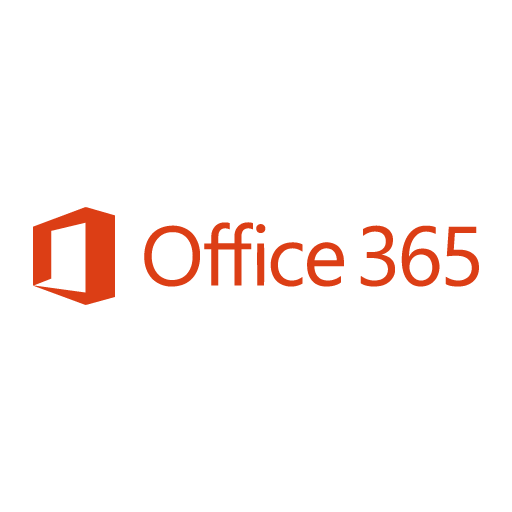How We Started A $40M Real Estate Investment Fund
Hello! Who are you and what business did you start?
My name is Greg Salley, I’m a founder and Managing Director of Equity Residences.
Equity Residences is a luxury real estate investment fund. We offer a way for accredited investors to own a portfolio of luxury vacation homes both for personal use and as an investment.
Our Equity Platinum Fund is raising $50 million to acquire twenty residences ranging from $1.5M to $4M, which are owned debt-free. We create value for investors in how we buy and upgrade the homes and investors also benefit from appreciation over time. We rent homes with income used to offset operating costs.
A minimum investment of $161,500 gives an investor access to our entire portfolio along with thousands of affiliate homes. Investors can stay at any home within the portfolio rent-free. We sell the homes after 10 to 12 years and distribute the profits back to the investors.
We currently have over 200 investors and $40 million under management.

Download the report and join our email newsletter packed with business ideas and money-making opportunities, backed by real-life case studies.

Download the report and join our email newsletter packed with business ideas and money-making opportunities, backed by real-life case studies.

Download the report and join our email newsletter packed with business ideas and money-making opportunities, backed by real-life case studies.

Download the report and join our email newsletter packed with business ideas and money-making opportunities, backed by real-life case studies.

Download the report and join our email newsletter packed with business ideas and money-making opportunities, backed by real-life case studies.

Download the report and join our email newsletter packed with business ideas and money-making opportunities, backed by real-life case studies.

Download the report and join our email newsletter packed with business ideas and money-making opportunities, backed by real-life case studies.

Download the report and join our email newsletter packed with business ideas and money-making opportunities, backed by real-life case studies.
































